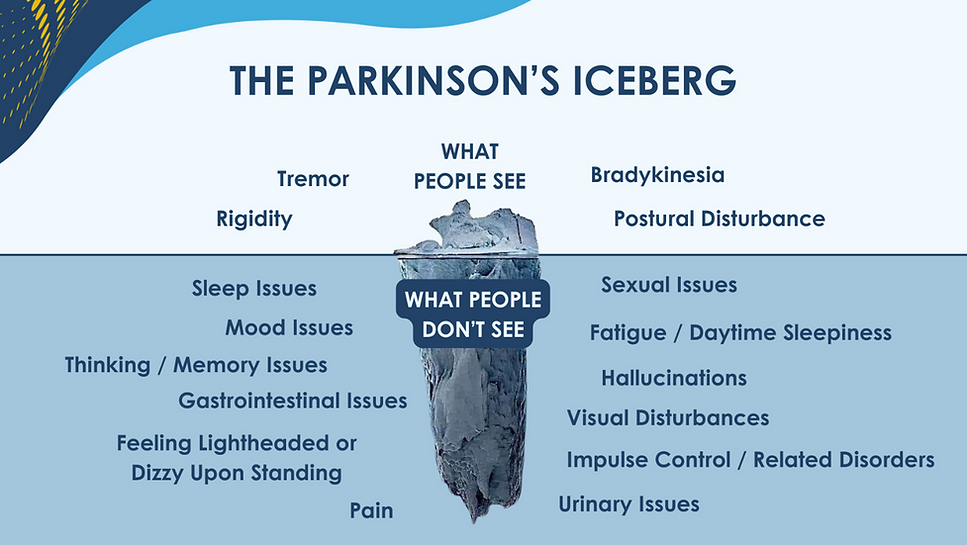
For Medical providerS
Studies indicate that Parkinson’s disease (PD) is overwhelmingly underdiagnosed and treated in rural communities. Due to language barriers, health services inequity, and treatment opportunities, a large constituency of the rural population are unknowingly affected by the disease. Early diagnosis and management of Parkinson’s symptoms through medications and therapies improves quality of life and is shown to slow the disease’s progression.
Educational Opportunities for Members of the
Medical Community to Learn About Parkinson’s
Learn and apply best-care Parkinson's knowledge through accredited and non-accredited training courses designed for physicians, nurses, pharmacists, physician assistants, psychologists, dentists, physical therapists, occupational therapists, speech and language pathologists, social workers, and other healthcare professionals.
-
UC Davis – Parkinson’s Disease: A Multidisciplinary Approach to 360 Care. This CME modular, asynchronous education program covers a variety of topics related to the management of PD. Most modules are just 60-75 minutes. Enrollment is offered at no cost thanks to a grant from the Parkinson’s Foundation. See the flyer here or contact them by email here
-
Parkinson’s Foundation -- Learning Lab offers a variety of in-person and online courses. Click here to learn more.
-
Give For a Smile – Parkinson’s Disease Latino Support Program. Training community leaders, people with Parkinson’s, caregivers, and the public about Parkinson’s disease. To learn more, contact them at 855-442-7645, ext. 800 or email here
California Parkinson's Disease Registry
The California Parkinson’s Disease Registry is a vital tool for tracking the disease, understanding its causes, improving treatment, guiding public health strategies, and supporting critical research. It plays a central role in the long-term effort to better manage—and hopefully one day cure—Parkinson’s disease. By including diagnosis in the registry, we collectively can:
-
Understand the Scope of the Disease
-
Enable Research
-
Improve Public Health Response
-
Enhance Patient Outcomes
-
Fulfil the Legal Mandate

